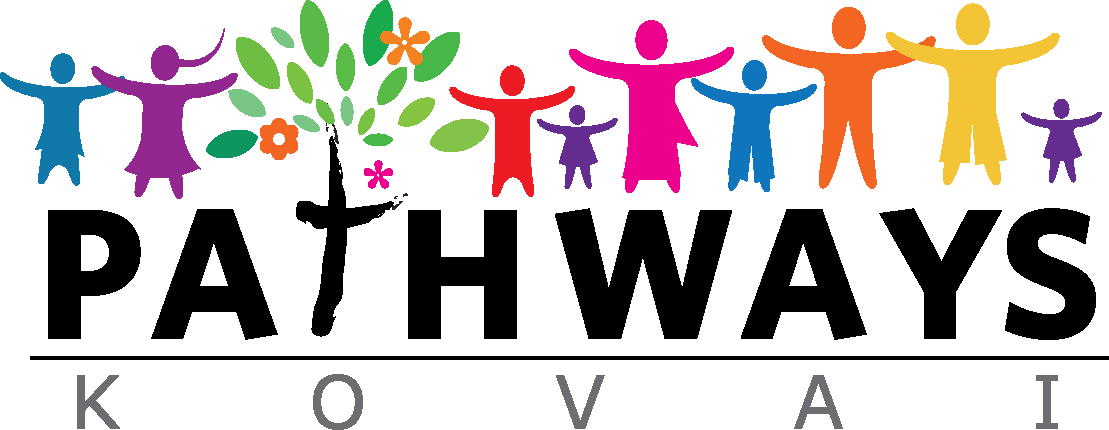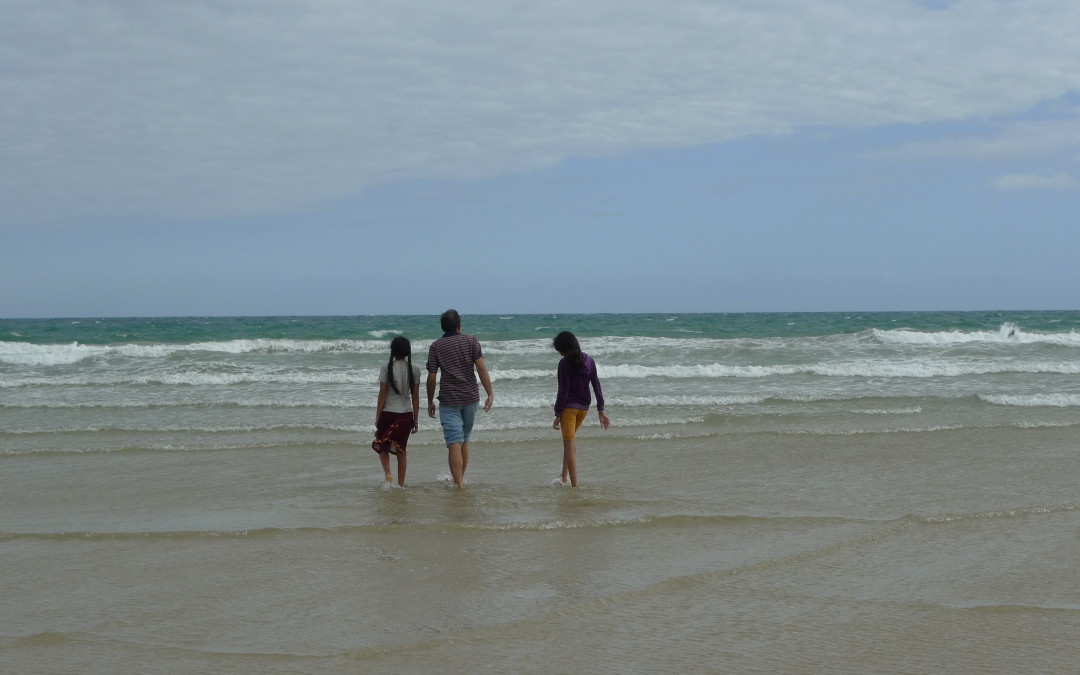“Once you accept that your child will be different, not better or worse-just different-that’s the first step.”
“Welcome to Holland” is an essay, written in 1987 by Emily Perl Kingsley about having a child with a disability. When her son Jason was born with Down’s syndrome in 1974, Emily and her husband Charles became activists educating the public and developing resources to help children with special needs fulfill their potential. This piece is given by many organizations to new parents of children with special needs.
The essay, employs the metaphor of excitement for a vacation to Italy that becomes a disappointment when the plane lands in Holland instead.
“Holland?!? You say. “What do you mean by Holland?? I signed up for Italy! I’m supposed to be in Italy. All my life I’ve dreamed of going to Italy.”
The metaphor is that the trip to Italy is a typical birth and child-raising experience, and that the trip to Holland is experiencing a child with special-needs.
But everyone you know is busy coming and going from Italy….and they are all bragging about what a wonderful time they had there. And for the rest of your life, you will say “Yes, that’s where I was supposed to go. That’s what I had planned.”
In the end, Kingsley encourages the reader to see that the “trip” is still well worth it:
But… if you spend your life mourning the fact that you don’t get to Italy you may never be free to enjoy the very special, the very lovely things. … about Holland.
Welcome to Holland is relevant resource for parents with special kids to learn the value of what they have. However, for many parents who have children with disabilities the experience is not like landing in Holland. Holland is a beautiful quiet place with windmills, canals, tulips and people cruising on their bicycles. It might be similar to an experience of landing in the middle of a place that they are not familiar with. For instance a middle class family living in Chennai expecting to continue their peaceful life in Chennai, one day wake up to find themselves in the middle of Dharavi, the biggest slum in Mumbai. They don’t know the language, the people, the culture and how to navigate the system.
Every family’s experience is different and unique but still have the common feeling of being lost, metaphorically in an unfamiliar environment. With acceptance, they learn the geography and culture of the new land and find meaning and peace in that land, although living on that land may not be an easy existence for many special needs families. I find that many families, who have come to an acceptance that their child is different, are better able to adapt and modify their life to accommodate the needs of their special child. However many don’t and end up struggling, as children whose parents are non-accepting tend to develop far more behavioural problems compared to the ones where the parents have found acceptance. Even if the disability is high, parents with acceptance are able to cope better with the difficulties and are able to seek support from others. There is an African saying “it takes a village to raise a child”. This cannot be truer in the case of children with disabilities. It is not only the parents’ acceptance that makes a difference, but also the acceptance from a whole community. As a community we need better understanding of these children’s needs and better resources to meet those needs.

